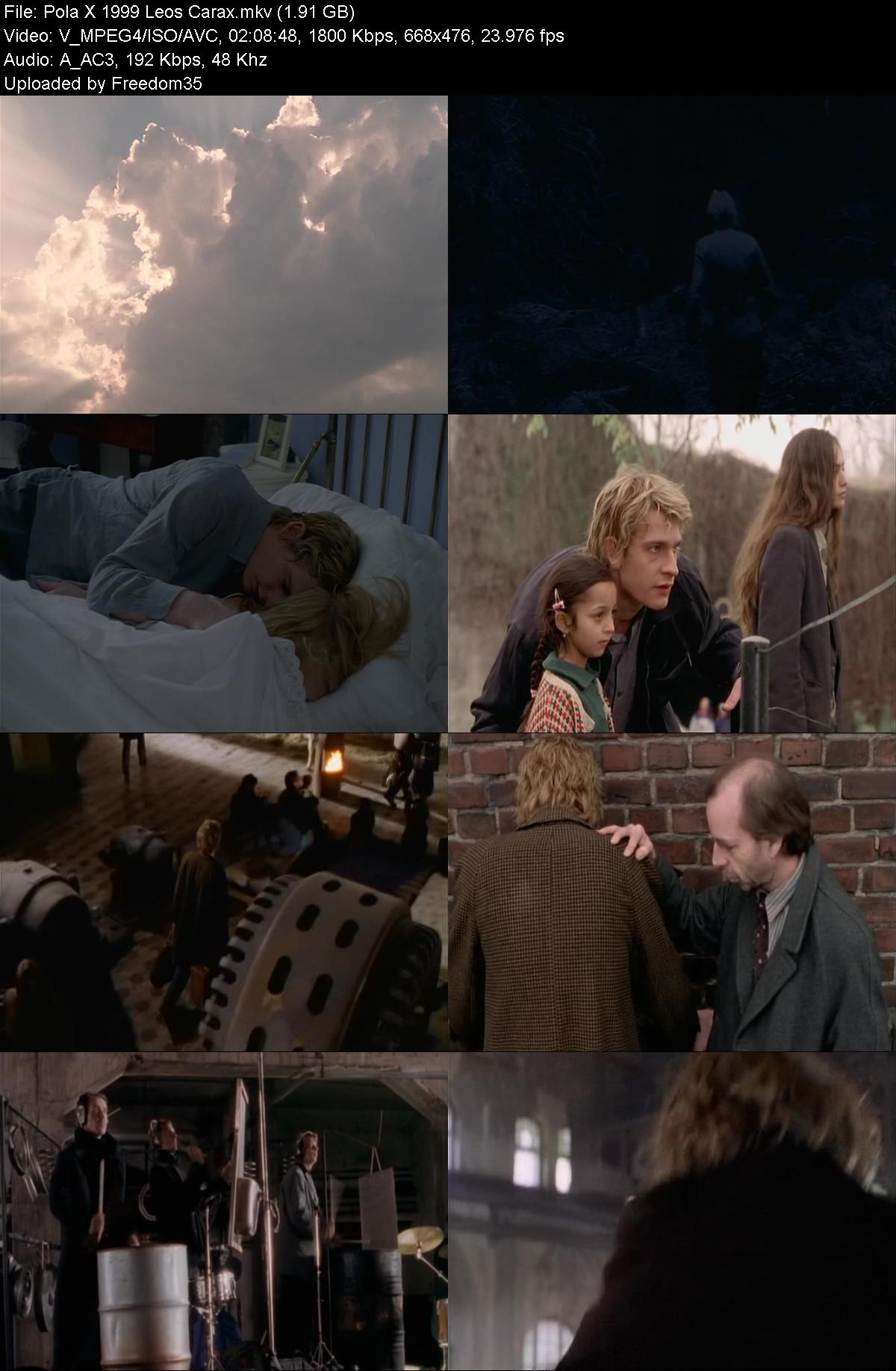
The result is a very erotic, thought-provoking, but inconsistent film. It is totally postmodern in that it tends to go too many places at once tries to be intellectual but also anti-intellectual, distant but sensual. Pola X is a film of very dense substance that finds itself at odds, sometimes, with an almost too obvious attempt at reproducing a gritty, somber aesthetic. Pierre decides that he will write a novel about the ugly truth of the world, but perhaps it is too much for him to take. The two of them go live in a strange residence for marginal artists. Pierre leaves his mother and his fiancée behind, and tries to make a living for Isabelle and himself. He finds inspiration in the prospect of beginning a new existence, away from luxury or familial ties.īrotherly tenderness and a strong sexual desire intertwine and give shape to an appropriately ambiguous co-dependent relationship. He, who has had everything, is suddenly in the position to transfer his security -to support- someone else. She speaks with an Eastern European accent, and is dressed in rags, emaciated she represents fragility and helplessness in a way that is irresistible for Pierre. One day, after a series of strange, ambiguous episodes, he meets Isabelle, who claims they are half-brothers separated at birth. Leos Carax draws him as a spoiled Rimbaud at the brink of a creative outburst that is bound to happen, only we still don't know how or why. His first book is a cult sensation among the young audiences. He writes and rides his motorcycle across the outskirts of Paris. He comes and goes from his decadent, widowed mother's country house at will. In this adaptation it is set in the 2000s: a young writer who has a close to idyllic lifestyle: he was born into a wealthy family and is about to marry his lovely girlfiend, Lucie.

In my opinion, it is a story truly ahead of its time, a forerunner of so many introspective yet combative writers and poets of the 20th century avant-gardes. Pola X is based on Pierre:, or the ambiguities, written by Herman Melville in the 1850s, in a departure from what he is best known for (namely, Moby Dick).


 0 kommentar(er)
0 kommentar(er)
